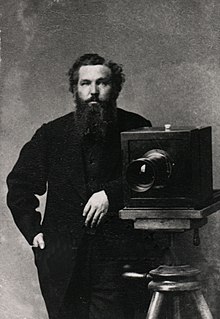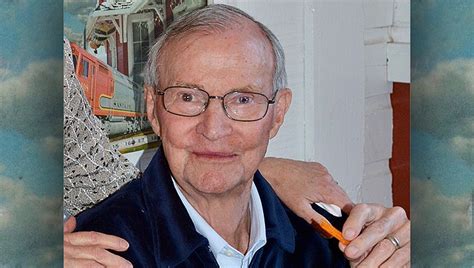A Quote by Jess Row
For me, there's a very clear parallel between the practice of insight in Buddhism and what's called prajna - the insight that arrives through meditation.
Related Quotes
Sometimes you have a flash of insight, but it's not strong enough to survive. Therefore in the practice of Buddhism, samadhi is the power to maintain insight alive in every moment, so that every speech, every word, every act will bear the nature of that insight. It is a question of cleaning. And you clean better if you are surrounded by those who are practicing exactly the same.
When you have learned, through discipline, to simplify your life, and so practiced the mindfulness of meditation, and through it loosened the hold of aggression, clinging, and negativity on your whole being, the wisdom of insight can slowly dawn. And in the all-revealing clarity of its sunlight, this insight can show you, distinctly and directly, both the subtlest workings of your own mind and the nature of reality.
For neo-conservatism is a quintessentially Jewish project: a re-sanctification in everyday life of the core values of western civilisation, and the achievement of human potential through virtuous practice. The neo-cons' crucial insight is that public signals through law, custom and tradition are the key to getting people to behave well. And that is a Jewish insight.
A very enjoyable meditation on the curious thing called 'Zen' -not the Japanese religious tradition but rather the Western clich of Zen that is embraced in advertising, self-help books, and much more. . . . Yamada, who is both a scholar of Buddhism and a student of archery, offers refreshing insight into Western stereotypes of Japan and Japanese culture, and how these are received in Japan.
Zen purposes to discipline the mind itself, to make it its own master, through an insight into its proper nature. This getting into the real nature of one's own mind or soul is the fundamental object of Zen Buddhism. Zen, therefore, is more than meditation and Dhyana in its ordinary sense. The discipline of Zen consists in opening the mental eye in order to look into the very reason of existence.
If you have the insight of non-self, if you have the insight of impermanence, you should make that insight into a concentration that you keep alive throughout the day. Then what you say, what you think, and what you do will then be in the light of that wisdom and you will avoid making mistakes and creating suffering.
The opposition of instinct and reason is mainly illusory. Instinct, intuition, or insight is what first leads to the beliefs which subsequent reason confirms or confutes; but the confirmation, where it is possible, consists, in the last analysis, of agreement with other beliefs no less instinctive. Reason is a harmonizing, controlling force rather than a creative one. Even in the most purely logical realms, it is insight that first arrives at what is new.
It is a myth that alcoholics have some spontaneous insight and then seek treatment. Victims of this disease do not submit to treatment out of spontaneous insight - typically, in our experience they come to their recognition scenes through a buildup of crises that crash through their almost impenetrable defense systems. They are forced to seek help; and when they don't, they perish miserably.




































